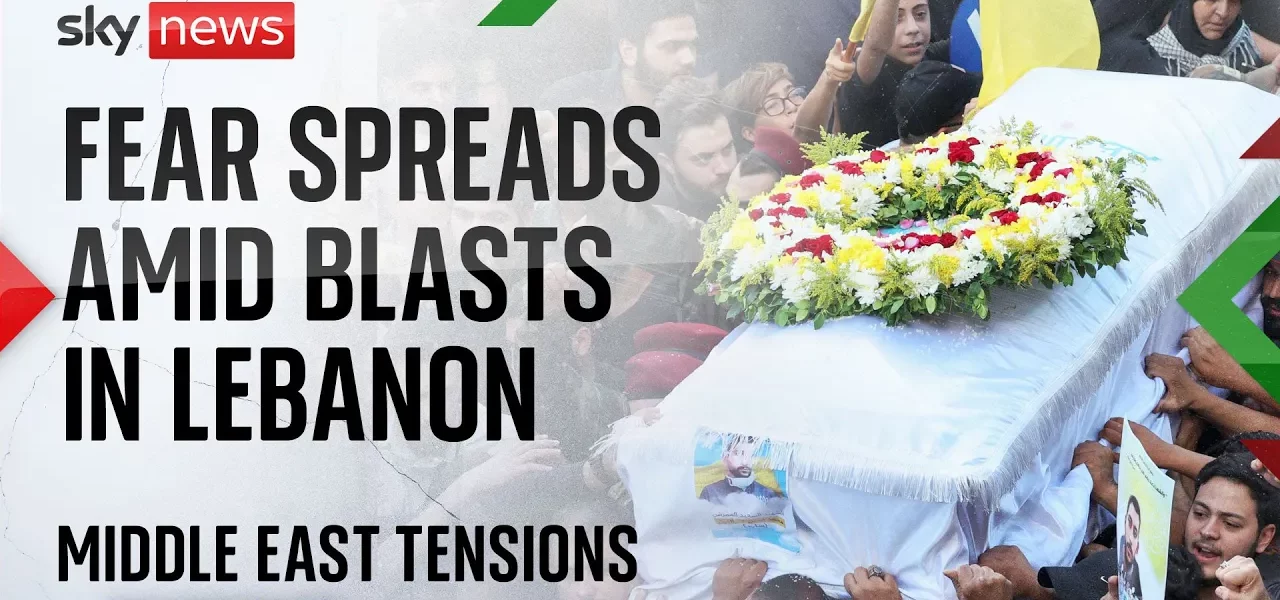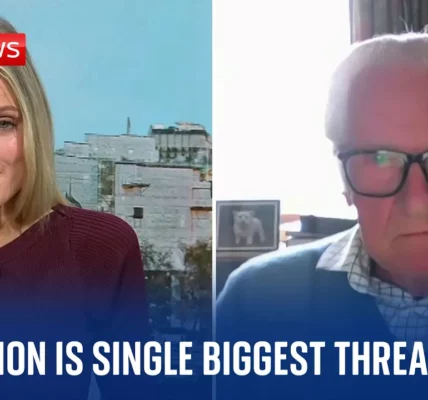Wave of Terror in Lebanon: Impact and Response

The recent wave of terror attacks in Lebanon has sent shockwaves through the nation, impacting countless lives and raising fears among the populace. This article delves into the events surrounding the attacks, the response from the Lebanese government and military, and the broader implications for safety and security in the region.
Introduction to the Crisis
In the wake of a series of tragic events in Lebanon, the nation finds itself grappling with fear and uncertainty. The funerals of victims from a string of deadly explosions in Beirut were abruptly overshadowed by fresh terror, as the community faced new threats. This chaotic scene has left thousands in panic, underscoring the growing concern over safety in a region already fraught with tension. As we explore the intricate details of this unfolding crisis, the implications for public safety and the political landscape become increasingly evident.
The Sequence of Attacks
Initial Explosions and Their Aftermath
Less than 24 hours after the initial explosions, which claimed multiple lives, Lebanon experienced a second wave of terror. Witnesses reported alarming incidents involving the sudden detonation of radios in cars, leading to a widespread panic as individuals fled the scene. The atmosphere was charged with fear, as many feared that any electronic device could become a target. The public’s anxiety was palpable, with social media buzzing about the explosions of two-way radios and the subsequent chaos.
Impact on Public Gatherings
The funerals, which were meant to honor the deceased, turned into scenes of horror as mourners became aware of the looming threat. Thousands gathered, including families with children, only to find themselves in a precarious situation as Israeli drones circled overhead.
- Shock among mourners as funerals proceeded amidst ongoing threats.
- Heightened security measures by the Lebanese Army in response to fears of further attacks.
- Increased public awareness and concern about the safety of electronic devices.
Health Services Under Strain
Emergency Response and Hospital Readiness
The healthcare system in Lebanon has been thrust into a state of emergency, with hospitals overflowing with casualties. Medical professionals are struggling to cope with the influx of patients suffering from severe injuries, many of whom face life-altering consequences.
- 90 hospitals on emergency alert.
- Surgeons working tirelessly to save lives and limbs.
- Catastrophic facial and eye injuries reported among victims.
Emotional and Psychological Toll
The emotional impact of these attacks extends beyond physical injuries. The collective trauma experienced by the Lebanese people is profound, as fear and anxiety grip communities. Many are left wondering about their safety in a country that seems increasingly vulnerable to violence.
Political Ramifications
Government and Military Responses
The Lebanese government has expressed outrage over the indiscriminate attacks, which have targeted civilians and disrupted public life. Officials have condemned the violence as an act of aggression and a violation of international law.
Hezbollah’s Position and Regional Tensions
Hezbollah, a group designated as a terrorist organization by the US and UK, has vowed retaliation against those responsible for the attacks. Meanwhile, Israeli officials have remained largely silent on the recent explosions, though they continue to prepare for potential escalations along the northern border.
- Statements from Lebanese officials condemning the violence.
- Israeli defense strategies shifting focus to the north.
- Calls for international support and intervention to restore security.
Conclusion: The Path Forward
The recent wave of terror in Lebanon has highlighted the fragility of security in the region. As casualties rise and fear spreads, it is crucial for the Lebanese government to take decisive action to restore public confidence and safety. The community’s resilience will be tested in the coming days, but there is hope that unity and strength will prevail against the backdrop of violence. We encourage readers to stay informed about the evolving situation and consider supporting humanitarian efforts aimed at aiding those affected by this crisis.
“`




